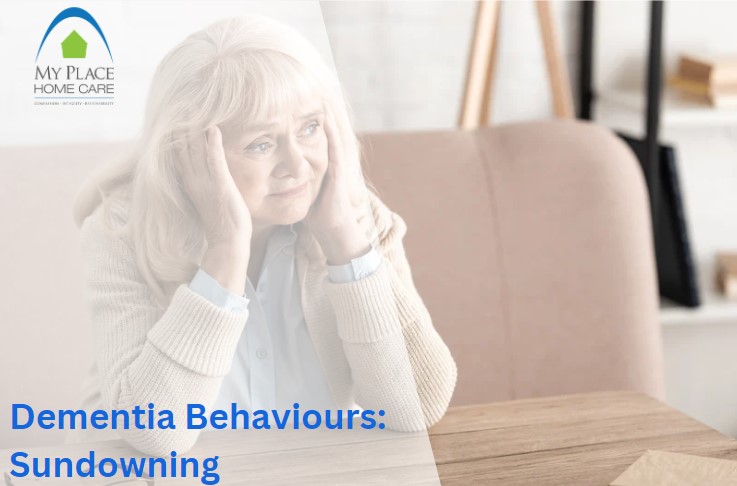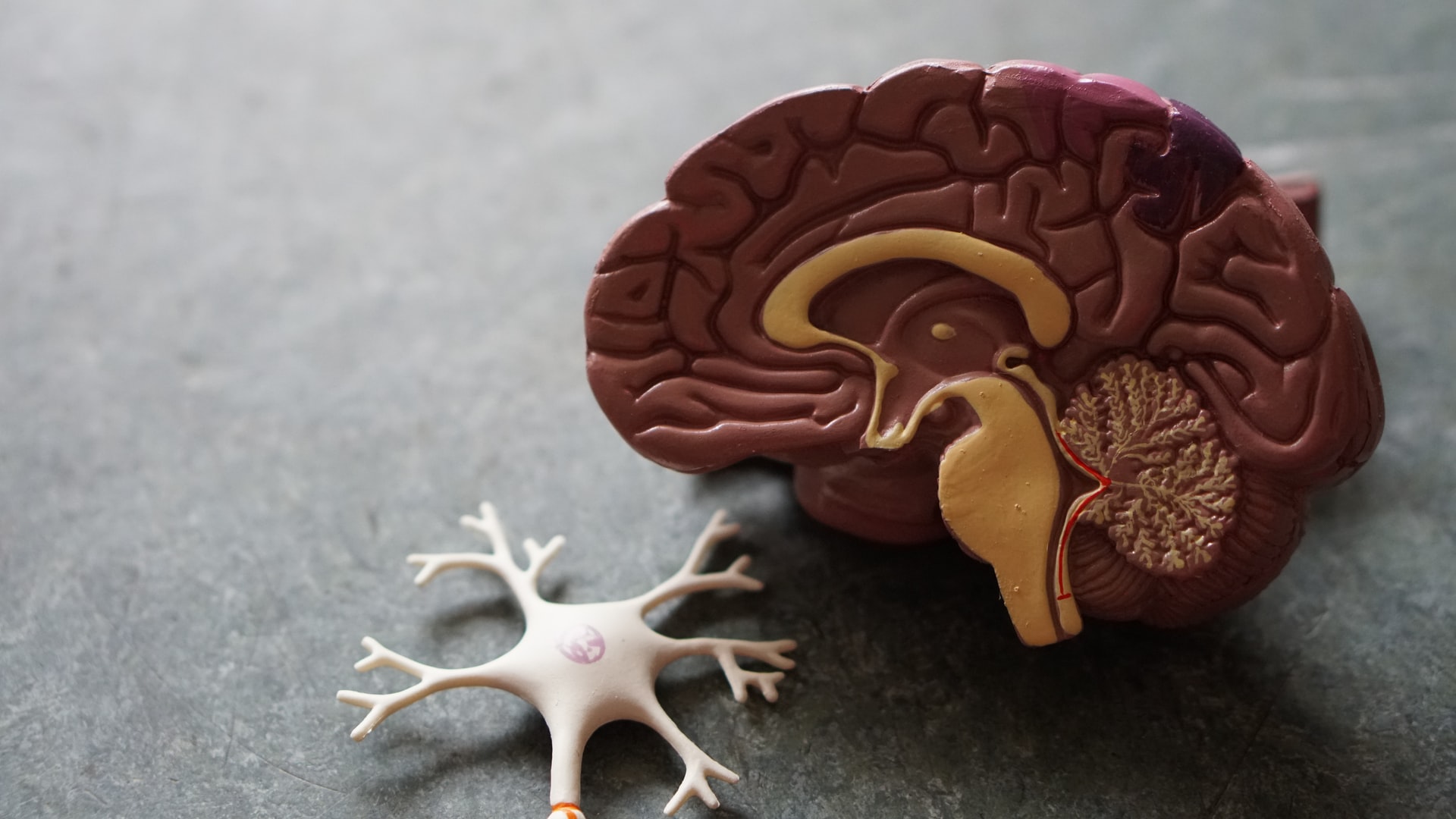DEMENTIA BEHAVIOURS: SUNDOWNING
Sundowning, also known as late-day confusion, is a common behavior associated with dementia, particularly in the mid to later stages of the condition. It refers to a set of symptoms that worsen in the late afternoon or evening, causing increased confusion, agitation, restlessness, and even aggression. Understanding and managing sundowning can help ease the distress it causes for both individuals with dementia and their caregivers. Characteristics of Sundowning Sundowning can affect each...
ADVANCES IN DEMENTIA RESEARCH: A GLIMPSE INTO THE FUTURE
Dementia, a condition that affects millions worldwide, has long been a challenging area of research and treatment. However, recent developments offer new hope and promise. Let's look at some of the most exciting advancements in dementia research that could transform how we understand, diagnose, and treat this complex condition. Revolutionizing Diagnostics with Biomarkers One of the most significant strides in dementia research is the advancement in diagnostic tools. Traditional methods of diagnosing...
AN IN DEPTH LOOK AT LEWY BODY DEMENTIA
Lewy Body Dementia (LBD) is a complex and progressive neurological disorder that is one of the most common types of dementia. It affects an estimated 1.4 million individuals in North America, though it is often underdiagnosed or misdiagnosed due to its overlapping symptoms with other neurodegenerative diseases such as Alzheimer’s and Parkinson’s disease. This blog will provide a comprehensive overview of Lewy Body Dementia, including its causes, symptoms, diagnosis, treatment...
HOLISTIC AND ALTERNATIVE APPROACHES TO DEMENTIA CARE
Dementia care traditionally focuses on medical treatments and therapies, but holistic and alternative approaches are gaining recognition for their potential to improve quality of life for individuals with dementia. These approaches emphasize overall well-being, incorporating physical, emotional, and spiritual health. In this blog, we will explore various holistic and alternative methods that can complement conventional dementia care. Music Therapy Overview: Music therapy involves using music to address physical, emotional, cognitive,...
UNDERSTANDING UTIs IN SENIORS: SYMPTOMS, RISKS, AND PREVENTION
Urinary tract infections (UTIs) are common in seniors and can significantly impact their health and well-being. Unlike younger individuals, older adults may not exhibit the typical symptoms of UTIs, making diagnosis and treatment more challenging. In this blog, we'll explore the causes, symptoms, risks, and preventive measures associated with UTIs in seniors. What is a UTI? A UTI is an infection in any part of the urinary system, including the kidneys, bladder,...
What Are The Different Types of Dementia?
This post is the first of many in a series about understanding the various types of dementia and how each one impacts an individual after diagnosis. We acknowledge that there are over 400 different types of dementia, we will be focusing on some of the more common ones as well as some of the not so common dementias that are affecting many people today. In this first post we will...
Wandering and getting lost
Dementia Behaviour: Wandering This is the final installment on the most common behaviours we see when caring for a loved one with dementia. As we know the disease can cause us to lose our ability to recognise familiar faces and places. People with dementia can wander and get lost at any stage of the disease. Sixty percent of those with Alzheimer’s wander at some point. Some of us want to go...
Dementia Behaviours: New Suspicions
Dementia Behaviours This is our fifth blog on behaviours, and this is one I dealt with personally. Before I tell you my personal experience. I think we need to understand that people with dementia may become suspicious of those around them. Even saying they have stolen from them, or if speaking to their spouse, they may accuse them of infidelity. Delusions which are firmly held beliefs in things that are not real...
Repetitive Actions
This is our fourth blog about behaviours and how we as caregivers should respond to said behaviours. Have you ever noticed that your loved one may be saying or doing the same thing over and over – like repeating a word, question, or activity. You may find yourself getting frustrated and saying something to the effect of, I just answered you two seconds ago, why are you repeating the same...
Forgetfulness and Confusion
This is our third blog in a series on behaviours. Forgetfulness and confusion in the later stages of the disease, will present itself as your loved one not being able to remember familiar faces, places, names, or things. In the earlier stages of the disease, it may be mild, and the person may have trouble remembering recent events making decisions or processing what is said by others. They may even...
- 1
- 2











